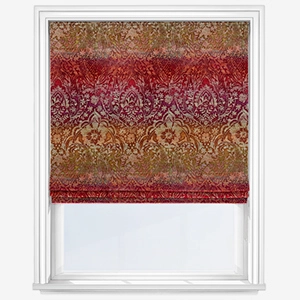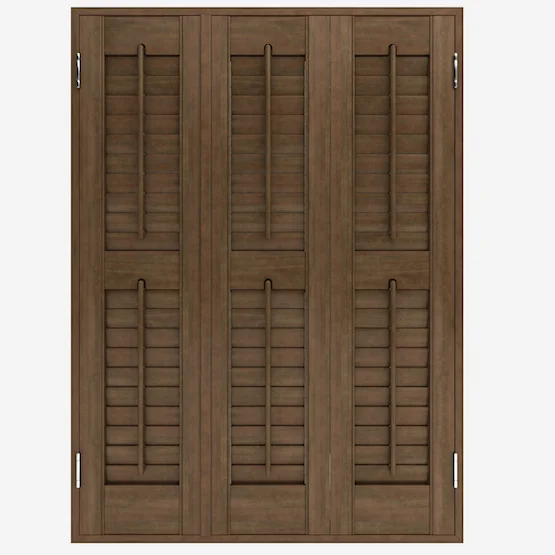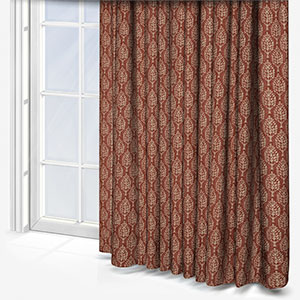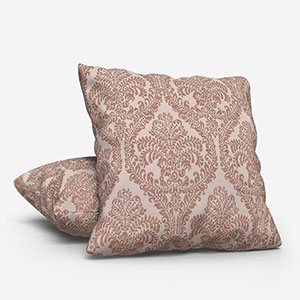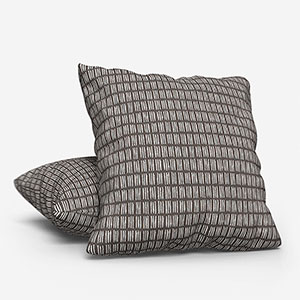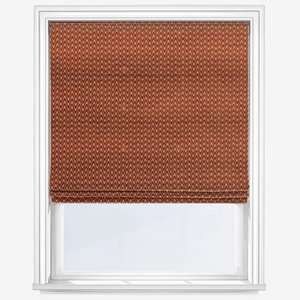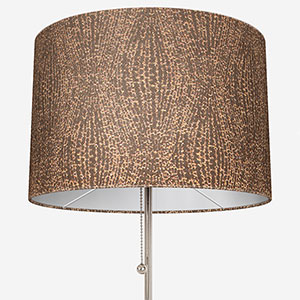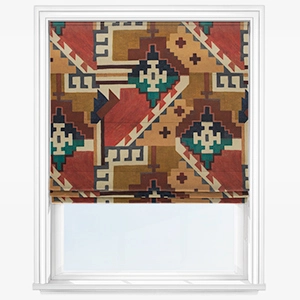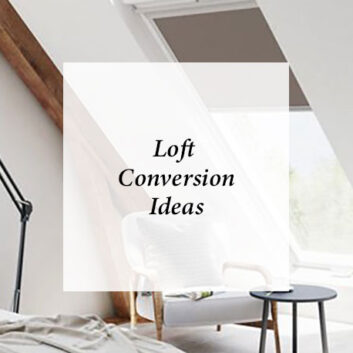
The Silk Road: Travelling Through Turkey
Turkey is a proud country with a rich culture that bridges Europe and Asia. With the adoption of Greek and Arabic styles, Turkey brings together different cultures and traditions in harmony. With much of its interior design being inspired from the Ottoman era, there is an elaborate design style which the Turks have refined over the centuries. In today’s blog, we’ll be travelling on the silk road, through the country from the east until we reach the famed walls of old Constantinople, now Istanbul, and on to Europe.
Turkish Interior Design
Turkey is a country full of vivid colours and intricate details, from carved wooden furniture to heavily patterned woollen rugs, there is nothing about Turkish design that isn’t to be adored. From traditional styles to modern twists, we will cover the ins and outs of how this amazing country has curated its unique style that we know and love today!
Key aspects of Turkish design
Influenced heavily by Middle Eastern styles that flourished in the later years of the 19th century, Turkish design has embraced many of the most beautiful elements from carved wooden furniture with gilded edges, bold yet intricate details within fabrics, strong colours, and heavily patterned rugs.
Implementing wool
Turkey is well known for its elaborate woollen rugs. From the bold striking colours to paisley inspired prints, they are known and loved across the world. Injecting the use of woollen furnishings into the home is a great way for reimagining this key element of Turkish interior design. From the use of woollen cushions to wool curtains, there is a large selection to choose from, with varying patterns and colours.
A touch of gold
Throughout Turkish design we see the use of large pieces of carved wooden furniture, with gilded edges. However, for those who would rather just add a touch of gold into their home without the faff, the use of gold lined lampshades is a great place to start. The metallic finish will provide the same look as that of gilding and allows for the addition of new colours and patterns to be implemented into the space too!

Intricate detailing
The use of intricate details is predominant throughout Turkish interiors. From heavily patterned rugs and cushions, to embroidered tapestries, pattern is used within interior design to add character to a space, and it helps the space feel evolved and natural rather than designed. Layering different patterns through the use of patterned curtains and Roman blinds is a great way for reimagining the depth of Turkish décor in our homes.
Strong colours
When we first think of Turkish décor, we instantly envision rich warming tones, such as reds and oranges. The use of these colours is to create a cosy, welcoming home for friends and family, and people across Turkey love to entertain.
Adding eye catching reds and strong oranges into an existing scheme can be challenging, however the use of pattern will allow you to be in control of how much colour you inject. Whether you want to start small with lampshades and cushions, or dive right into using curtains, we have a vast selection of materials and colours to pick from!
Modern Turkish décor
Over time, interior styles evolve and adapt to fit the current climate and technological advancements. With traditional Turkish design being strongly focused on the use of strong colours, bold patterns, gilded furniture and intricate detailing, there has been a shift to modernise the style while keeping these core aspects relevant.
As a result, modern Turkish décor sees the use of gold accents in greater quantities. For example, where there used to be gilded furniture, we can now see the use of glass and gold pieces of furniture – from coffee tables to elaborate lighting fixtures. Gold represents luxury and modern Turkish design is exactly that.
The use of bold colours remains popular, however in modern Turkish décor we are seeing those same colours being used in harmony with other softer shades, including warming whites. This is to allow the space to remain bright and open, while keeping the traditional core element of the strong tones.
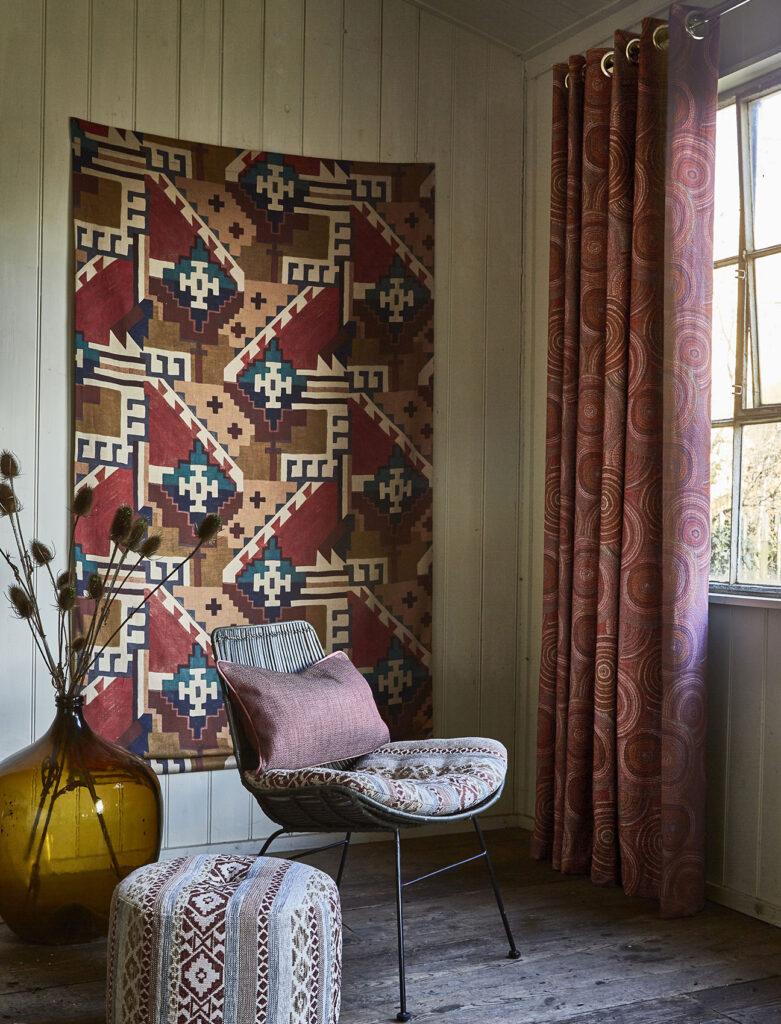
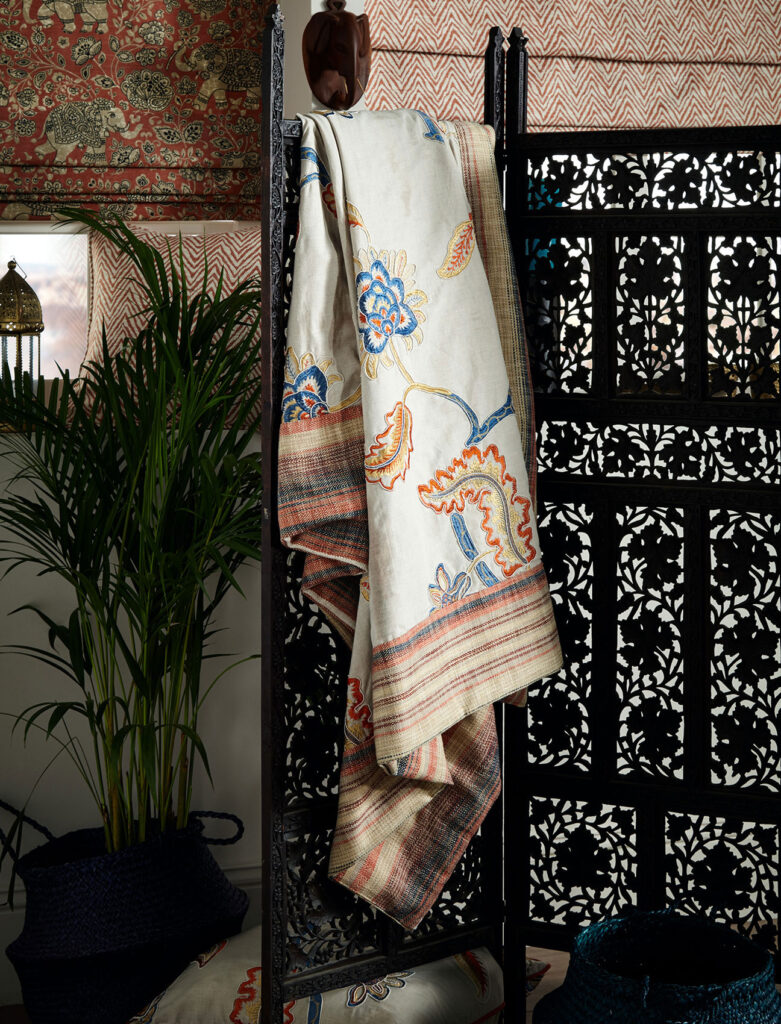
While modern Turkish design is becoming more popular with the sleeker finish, there is something incredibly charming about the traditional style. Traditional Turkish décor really captivates the hospitality of its people by creating a space of relaxation and can be something we all learn from them. Hosting parties is always a pleasure and what better way to do it than in a space inspired by one of the most hospitable cultures in the world.
Shop some of our favourite products inspired by Turkish décor:
